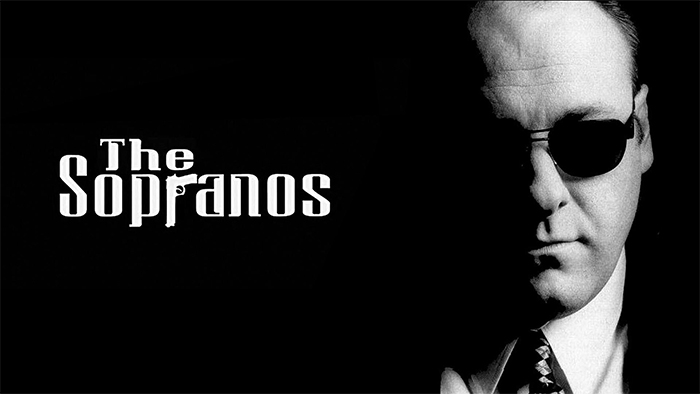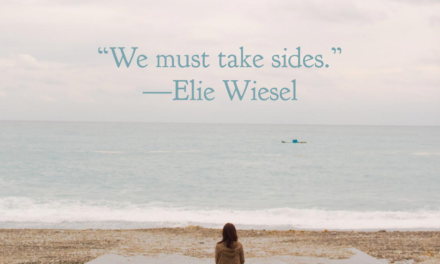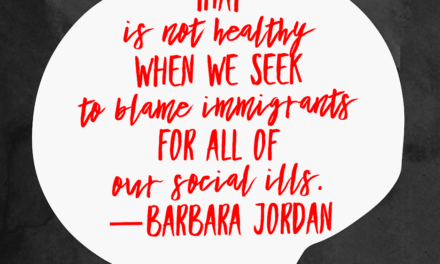I never met James Gandolfini, but I am intimately acquainted with some of his art. I’m not sure if I quite understood how profoundly it touched me until I found out about his recent passing.

Among the clips I’ve watched since Gandolfini died was his appearance on The Actor’s Studio. He talked about how the violence bothered him, too. He talked about the Meisner technique and how he used it to effect when he knew he had a violent scene coming up. When asked, as host James Lipton always does, what profession he’d like to try other than acting he said “environmental lawyer.” When asked what he’d never want to be he said “oilman.”
Fascinating. The man, not the character.
But here’s the thing about the character. Tony Soprano’s interactions were a window into the Italian-American culture. I was well into my 30s when I realized my ethnicity was very different from so many. I suppose that makes me pretty sheltered, but it’s true. Much of that difference was about how Italian-Americans approach and view education.
While taking a creative writing tutorial at the Universityof Michigan– where I spent two semesters on a Knight-Wallace Journalism Fellowship in 1996-97 – my instructor introduced me to The Dream Book edited by Helen Barolini. The introduction changed my life, particularly lines like this about my culture:
“Learning gave one ideas, made one different; all the family wanted was cohesion,” Barolini writes.
Because, yes, when I announced I was going to college in 1979 my grandmother cried “why, why, why?” and my father said it would “give me ideas.” Those exact words. Said with derision. People who are not Italian – OK, actually Nia Vardalos touches on this perfectly in a scene in My Big Fat Greek Wedding – often don’t really understand how good people you love could find education threatening. It’s because they fear you’ll learn so much you’ll leave the fold, so to speak.
While watching The Sopranos, this mindset was ever present. Take Tony talking to his therapist, Dr. Melfi. In one scene she explains existentialism. This comes about because Tony is upset that his young son, A.J., has been learning Nietzsche (pronounced “Nitch” by A.J.) in school. He questions whether God exists. The conversation between A.J. and his parents (Tony and Carmela, played by Edie Falco) must seem nonsensical to people who come from more typical educated backgrounds. In the scene, parents essentially yell at their child for critical thinking and questioning and demand to know what teacher taught him these things.
All I could think of when I saw that scene was a similar conversation I had with my mother when I was in seventh grade. I attended Catholic school and one day I came home and told her that Mrs. DiGiuseppe said that some people think John F. Kennedy isn’t really dead. “What?” my mother yelled, “What are you talking about? His brain matter was all over his wife’s lap. Of course he’s dead. What are they teaching you at that school?”
Through Tony, creator David Chase explored how Italian-Americans relate to each other. Tony and Carmela’s marriage had its dicey moments, but the bond was clearly about family, tradition, loyalty. There was very little questioning of what they were taught by their elders. By contrast, their children, Meadow and A.J., questioned everything.
The threatened elders are ultimately proud when the children succeed, but the road can be bumpy. I know of what I speak. Feeling like you’re being disobedient or disrespectful because you’re learning is unsettling. That’s why Barolini’s words quoted above hit me so powerfully. It was just a few years after I read her book that HBO brought us The Sopranos and suddenly the world could see that dynamic I had only just begun to understand.
When the series first came on I resisted watching it because I assumed I’d be seeing the annoying stereotypes. A few people in my life wore me down, though, and I soon became hooked. The overbearing, depressed mother. The dutiful but conflicted wife. So much martyrdom. The interaction of criminals over heaping plates of macaroni. For that matter, the appetites extending to sex. Flaring tempers. Insecure entitlement. The brooding. The lively celebrations. The imprecise language. The vicious language. The triangulating. The suppressed creativity. It’s all part of what makes us who we are.
But we are also a gorgeously irresistible people in our passions. Italian-Americans feel deeply and love hard. If it is human nature that we all like to be understood, James Gandolfini’s acting gift provided a lens into my people via Tony Soprano.
I never met Mr. Gandolfini, but what he brought into my living room on many Sunday nights was real and I am profoundly grateful for that.






